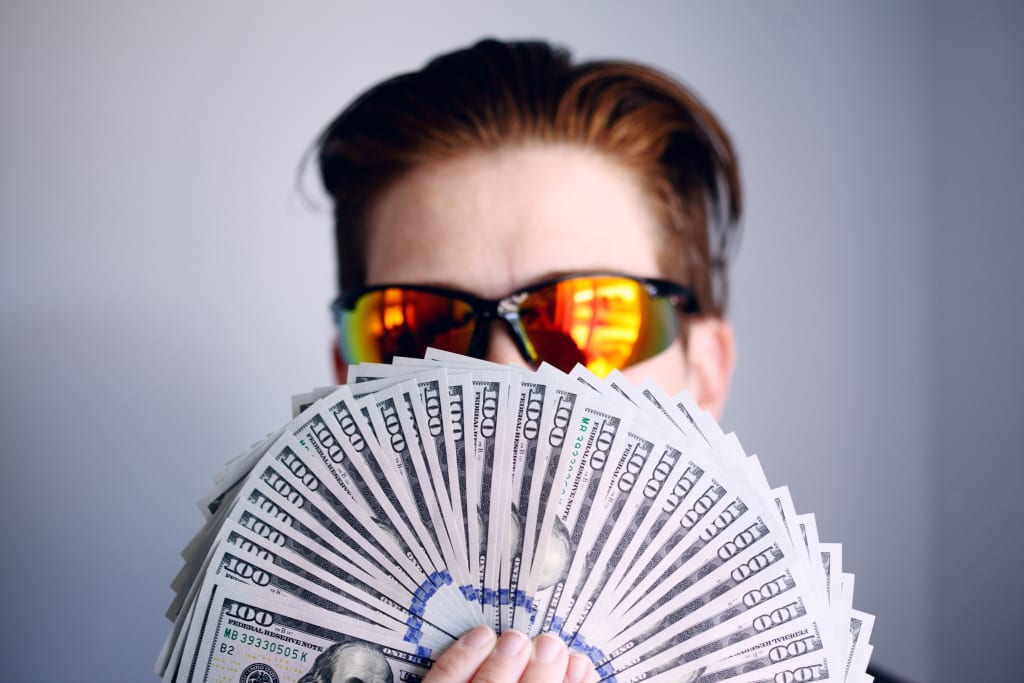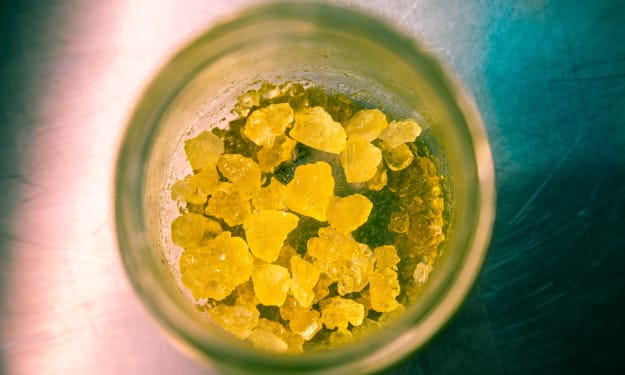Marijuana saving lives and taxpayer dollars, research shows
Almost 4 million fewer opioid doses dispensed in states with legal marijuana laws

The most conclusive evidence yet shows what people who smoke marijuana already know: Marijuana is saving lives.
And based on a massive analysis of Medicare/Medicaid data, it likely is saving taxpayers millions of dollars, too.
A study published in Journal of the American Medical Association, or JAMA, shows not only are opioid deaths down where cannabis is legal, but prescriptions have plunged in states where marijuana is legal.
Cannabis has stepped in as the Superman who will save our nation from the opioid crisis, and the healthcare establishment and behavioral health communities are reeling.
Researchers examine Medicare/Medicaid records
Researchers from the University of Kentucky College of Public Health analyzed Medicare Part D data to compare how many opioid pain pills were prescribed before legal medical marijuana and after in states that have programs.
Across the board, the prescribing of opioid and non-opioid pain relievers has plunged. In states with medical cannabis programs only, the number of opioid prescriptions dipped 5.88 percent from 2011 to 2016.
In states that have gone full-blown legal marijuana, doctors are writing 6.38 percent fewer medications for Medicare/Medicaid recipients (pills paid for with taxpayers’ dollars).
Not surprisingly, the most dramatic plunges in opioid prescribing occurred where recreational marijuana also happens to be legal. This likely is because all adults have equal access to the plant.
Almost 4 million fewer doses of opioids prescribed
It amounts to 3.7 million daily doses fewer per year, in total nationwide, among communities where medical cannabis dispensaries exist.
“Marijuana legalization, therefore, may have benefitted these patients by providing them with legal protection and access to marijuana as an alternative relief from their pain medications,” the researchers concluded.
As for overdose deaths? “A recent state-level analysis found statistically significant and meaningful reductions in opioid mortality when any form of (marijuana program) was passed,” the researchers explained.
“A growing consensus suggests that cannabis can be used to effectively manage pain in some patients. If initial … prescriptions for opioids can be reduced, then there is a plausible theoretical pathway to anticipate that opioid misuse and abuse could also fall.”
Research includes Medicaid expansion recipients
In many states, the medical cannabis program is expensive. When I obtained my medical card in Illinois, for example, it cost $600 for three years. Program qualifications are strict (not a lot of people qualify) and require a background check and fingerprinting.
In the Quad-Cities of Illinois and Iowa, where I used to live, the hospitals will not do business with doctors who help patients get a card. Thus, most of us had no choice but to drive 150 miles to Chicago to obtain a cannabis card.
What’s interesting about this research is that it includes post-Medicaid expansion data. That means people living in states where you don’t have to be elderly or disabled to qualify for Medicaid – like Illinois – also were included in this study.
“These findings suggest that medical and adult-use marijuana laws have the potential to reduce opioid prescribing for Medicaid enrollees, a segment of population with disproportionately high risk for chronic pain, opioid use disorder, and opioid overdose,” the researchers concluded.
In Illinois and in many states post-Obamacare, people can qualify for Medicaid based on their incomes. I had Medicaid in Illinois for a while but never used it.
But then, I have my medical cannabis card. So instead of sucking money out of the public till for healthcare, I’m pumping money into it, particularly by way of taxes for our cash-strapped state.
Cannabis a safe alternative to some medications
Why do you suppose so many good people want me to have my cannabis? Because it works in calming my chronic PTSD-related anger and fear when nothing else does.
I had been hopped up on 4 mg per day of Ativan before obtaining my medical cannabis card.
Throughout my incredibly traumatic life, I have been given dangerous psychotropic medications. I even grew breasts from taking one medication.
Since obtaining the cannabis card, getting my health back, and losing weight, now my “man boobs” look like deflated breasts, like the elderly woman in a popular comic frame.
I have participated in many class-action lawsuits against Pharma companies through the years. Now and then, a check will come in the mail.
Help for mom and dad, grandma, and grandpa
When moms and dads, grandmas and grandpas end up heroin addicts after being prescribed painkillers for arthritis pain, it’s especially sad.
And anyone who thinks that doesn’t happen apparently never has written branded content for a behavioral health system owned by a Fortune 500 company.
“Interestingly, recent evidence suggests that cannabis use is rising fastest in the population older than 50 years – which is the group most likely to have the conditions for which the evidence for cannabis benefit is strongest,” wrote the Kentucky researchers.
From the first day I got my cannabis card, I have noted that the dispensary often is filled with elderly people, which I think is awesome.
Pull your heads out of the sand please, NIH
In an accompanying JAMA editorial, Drs. Kevin P. Hill and Andrew Saxon offer a pro-medical establishment assessment of the current state of cannabis research. But they also offer an accurate picture of why the current state of research is the way it is.
“For science to guide policy, funding the aforementioned studies must be a priority at the federal and state level,” they conclude. “Many companies and states (via taxes) are profiting from the cannabis industry while failing to support research at the level necessary to advance the science.
“This situation has to change to get definitive answers on the possible role for cannabis in the opioid crisis, as well as the other potential harms and benefits of legalizing cannabis.”
The politicians are in bed with Pharma and its lobby and that’s why cannabis is not legal in the United States.
About the Creator
David Heitz
I am a journalist with more than 30 years' experience. Here at Vocal, I write mainly for Potent, Vocal's cannabis magazine. I have a PTSD diagnosis and a medical cannabis card. I have lived in a penthouse and also experienced homelessness.






Comments
There are no comments for this story
Be the first to respond and start the conversation.